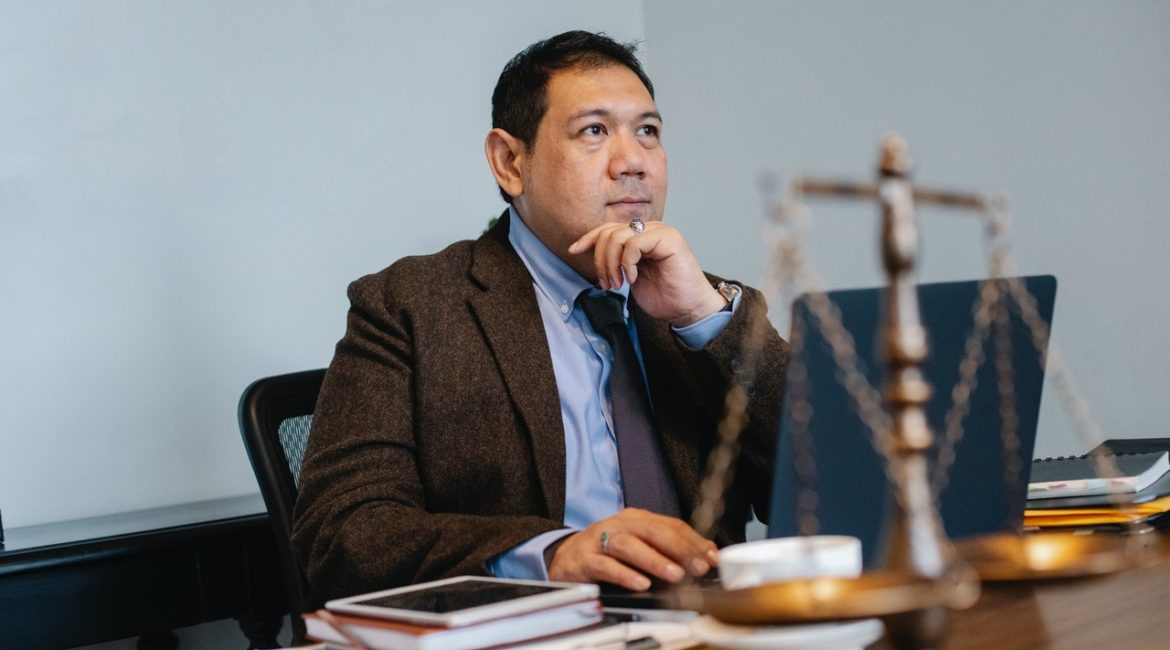Most people have never sued anyone or been sued. Therefore, most people do not know what happens during a deposition. Most people do not work at law firms. Therefore, they have never litigated a case before. They don’t know what to expect in a deposition or even what a deposition is. Simply put, a deposition is a question and answer session with opposing counsel that takes place during a lawsuit.
Depositions are an essential part of the discovery process. They provide the opposing side an opportunity to learn more about the facts of the case from the deponent’s point of view. Depositions can also happen in both civil and criminal proceedings, though they are more common in civil cases.
Why Would Anyone Need to Take My Deposition?
If you file a personal injury lawsuit against someone, you are essentially putting your body at issue in the case. Because you are claiming permanent injuries as part of any personal injury lawsuit, your body and its physical state are a major issue within your personal injury lawsuit. Therefore, the opposing counsel asks you questions about those injuries to your body. And what happens in this deposition is incredibly important to your case.
The Florida Rules of Civil Procedure allow depositions to be taken of any person once a party files a lawsuit. This allows attorneys for both sides to obtain witness testimony as well as learn about the opposition’s case. So lawyers will take depositions of more than just the Plaintiff and Defendant to a case. Attorneys take depositions from witnesses, experts, friends and family, and law enforcement in civil matters.
Additionally, the party that schedules the deposition typically provides a court reporter. The court reporter’s job is to type everything that it said during the deposition in order to maintain a record of the deposition. Many times, the attorneys will bring this record back up in future proceedings if there is a dispute about what was said.
What to Expect During a Personal Injury Deposition?
So what happens in a deposition? When you are a plaintiff in a personal injury lawsuit and the defense has scheduled your deposition, you may not know what to expect. However, if you hired an experienced personal injury attorney, they will adequately prepare you.
If someone requests your deposition, it is important to know that you can bring your attorney with you. This allows your attorney to protect your rights and provide legal advice as the deposition proceeds.
Additionally, all Plaintiffs should know that due to the attorney-client relationship, the defense attorney cannot ask them about anything the Plaintiff discussed with their attorney. We refer to this principle as the attorney-client privilege.
When the typical Plaintiff deposition begins, the defense attorney will introduce themselves and explain a little bit about the deposition process. They will ask that the Plaintiff answer the questions honestly and in a forthcoming manner. In some rare instances, people that lie during depositions can face criminal charges.
Therefore, it is important to know that it is acceptable to not know the answer to a question. When a deponent forgets the answer to a question, the correct answer is “I don’t remember.”. If a deponent guesses an answer, it becomes part of the record and can hurt their case in the future.
A court reporter is typing the deponent’s responses during a deposition. That makes it very important for the deponent to remember to be clear when they speak. That means that deponents should avoid saying “uh-huh” as this response can be interpreted in several ways in print.
What Happens in a Deposition if I am Unable to Attend?
On occasion, something will come up and you won’t be able to attend a previously scheduled deposition. Depending on your attorney and their relationship with opposing counsel, this should not be a big deal. So long as you give ample notice of your cancellation, the parties will likely agree to reschedule the deposition. Rescheduling allows both parties to attend at a future time that is amenable to everyone involved.
However, if you miss a deposition without a reason or excuse, the opposing counsel will obtain a certificate of non-appearance. You should avoid having these happen at all costs as a certificate of non-appearance could get you in trouble with the judge or charged with contempt of court.
Call Knapp Accident & Injury Law
Knapp Accident & Injury Law has the experience pursuing personal injury settlements and litigating personal injury cases to protect your rights. If you or someone you know or love has been injured due to someone else’s negligence, Knapp Accident & Injury Law is here to take your case and pursue it to the fullest extent.
Many law firms actively avoid filing lawsuits and do not litigate their client’s cases. That is not the case for Knapp Accident & Injury Law. Sometimes the only way to make an insurance company due the right thing is to drag them into court. Your personal injury attorney cannot be afraid to do that. If you need help with your litigation case, call us for a free consultation today at (813) 568-3724.





